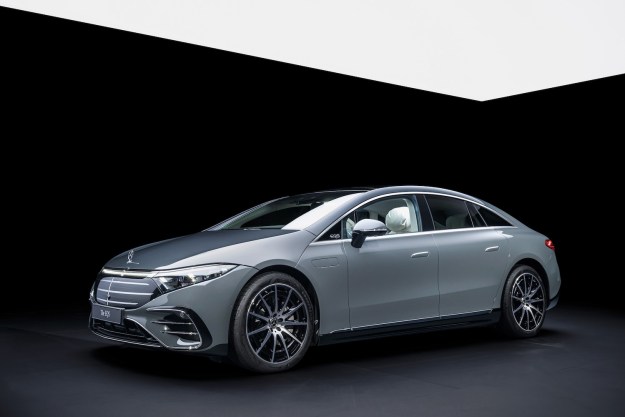
If true, Winterkorn’s alleged advance notice violates laws that require the “public disclosure of problems with potential to affect a company’s stock price.” Moreover, there are definitive timeline issues with the former CEO’s self-reported timeline — the executive claimed to be notified of the emissions issue just before the scandal broke publicly, but these latest reports suggest otherwise.
Potential repercussions of this latest break in the ongoing case could mean even more stringent penalties and larger fines for the Volkswagen Group, placing the embattled car company deeper in the hole.
“The question will be, at what moment in time did Volkswagen management know?” Christopher Rother, a Berlin-based lawyer representing car owners against Volkswagen told the Times. If indeed these executives knew about the emissions issue earlier than initially let on, “the shareholders have a good case.”
Even without this latest blow, Volkswagen as a company isn’t having the best of years. The BBC reports that despite surging car sales by other automakers, “the Volkswagen brand is the only leading name to be hit by a fall in sales in January, posting a drop in Europe of almost 4 percent.” And if this most recent news is any indication, the German company has a long road to recovery.
Editors' Recommendations
- Volkswagen CEO says ID.3 will be 40% cheaper to make than the e-Golf
- Zuckerberg may have known more about Facebook’s privacy scandal than we thought


